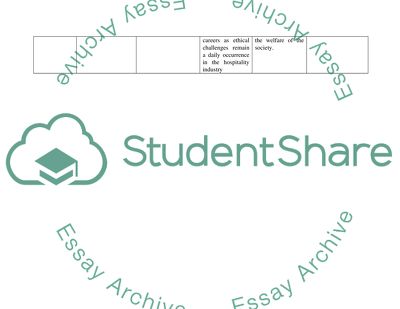Cite this document
(“Project proposal Essay Example | Topics and Well Written Essays - 1000 words”, n.d.)
Retrieved from https://studentshare.org/environmental-studies/1410501-project-proposal
Retrieved from https://studentshare.org/environmental-studies/1410501-project-proposal
(Project Proposal Essay Example | Topics and Well Written Essays - 1000 Words)
https://studentshare.org/environmental-studies/1410501-project-proposal.
https://studentshare.org/environmental-studies/1410501-project-proposal.
“Project Proposal Essay Example | Topics and Well Written Essays - 1000 Words”, n.d. https://studentshare.org/environmental-studies/1410501-project-proposal.


